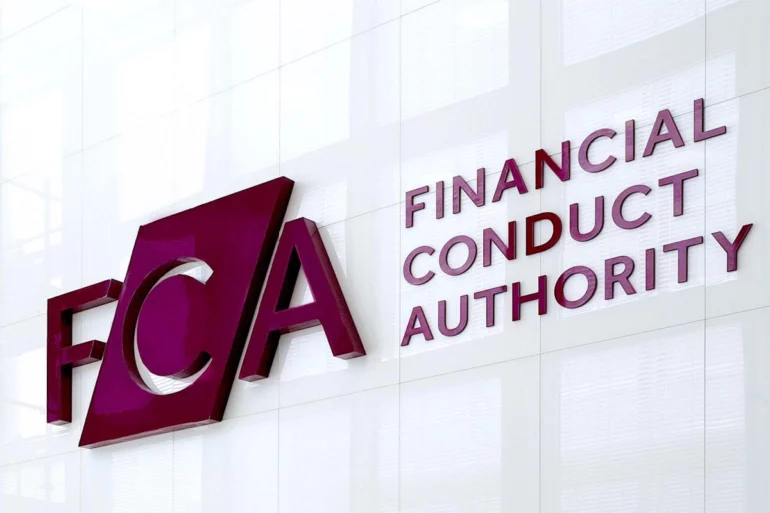The Financial Conduct Authority (FCA) has published a consultation outlining plans to simplify its insurance rulebook, removing what it described as “ineffective, outdated or duplicated regulation” in a bid to reduce costs and improve access for consumers and businesses.
The changes are intended to preserve protections for smaller commercial customers while easing regulatory burdens on insurers serving larger firms.
Under the proposals, the FCA would introduce a new definition to identify large commercial insurance customers who can manage their own risk and therefore do not require the full scope of conduct rules.
This would allow firms to focus compliance efforts on smaller clients, which the regulator said was proportionate and beneficial to the sector.
The regulator is also looking to give insurers greater discretion over how often they review the value of products, replacing the current fixed 12-month requirement with a flexible system based on risk and product characteristics.
In addition, it is consulting on changes that would allow a single lead insurer to manage compliance responsibilities in co-manufactured products, broadening the availability of bespoke contract exclusions, and scrapping duplicative reporting obligations, including annual employer liability notifications.
Matt Brewis, director of insurance at the FCA, said: “We are stripping back our insurance rulebook by removing ineffective, outdated or duplicated regulation, as part of our drive to become a smarter regulator and support growth.
“We have listened to industry and we are taking action – in doing so we will reduce regulatory costs and increase the competitiveness of the already world-leading UK insurance sector, while maintaining vital protections for smaller customers.”
The consultation also raises the prospect of limiting the scope of certain rules to UK-based customers only.
The FCA said the reforms follow its wider commitment to cut more than 100 pages of guidance and support the implementation of the Consumer Duty by reducing regulatory friction for firms.
Feedback on the proposals is invited by 2nd July 2025.



